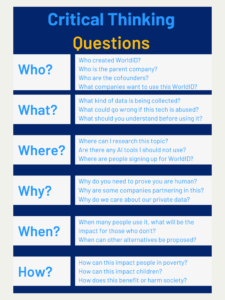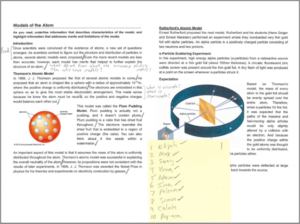There is risk involved with entering into a new market. Especially if you don’t have good information. The answer is far market research. So it guides you through these markets before your investment. This article will tell you all you need to know. We’ll define it, explain why it matters, lay out the process, highlight tools and review trends for the future. It is your North Star in farmlands market research.
First Steps of Far Market Research
What is a “far market?” It’s more than just a distant place. It’s a place where there are different cultures. Such differences have created difficulties in the business world.
Defining “Far Market”
Big distances are far markets. Think about the culture, too. Language is another barrier. Regulations also change. Consider a US software company targeting Southeast Asia, which is facing a far market.
What Makes Far Market Research Important
It helps you lower the risk. It also discovers new opportunities. You can tailor your products. Optimize your marketing too. Research shows businesses that do market research are more likely to succeed. Their success rate is infinitely better.
Why to set apart Far Market Research from Home Research
Researching by far involves challenges of a different kind. Distance makes things hard. Culture plays a bigger role. Good data can be hard to come by. These factors set it apart from research at home.
Five Steps to Conduct Market Research
There’s a process to follow. It starts with planning. It ends with a strategy. Follow these instructions to do it correctly.
Setting out Find out what you want to learn
What do you want to learn? Which areas will you study? Make a plan. It should have clear goals. Set timelines.
The how: Data collection methods for far markets
Use surveys to collect data. Interviews may provide you with insights. Focus groups are meant to help you get a grasp of the sentiments. This post is for you) Secondary research gives contextual knowledge. Both methods have advantages and disadvantages for distant markets. Use local partners to conduct interviews in a region, for example.
Global Perspective(s): Analyzing and Interpreting Data
Culture matters a lot. Avoid your own biases. Validate your findings with locals or experts. This keeps your data accurate.
Logistics and Challenges of Market Research Market
There are common problems. But there are solutions to repair them.
Language Barriers & Cultural Nuances
Translation should be correct. Use localized questionnaires. Grasp cultural nuances. Work with native speakers. Seek the help of cultural consultants.
Data Scarcity and Reliability
Finding data can be hard. Look for reliable sources. International organizations can assist. NGOs are another good option.
Understanding regulations and legal environments
Understand local laws. [Check the rules around data.] Understand market entry conditions. This avoids legal trouble.
Ways to Conduct Effective Research on a Far Market
Use technology to simplify things. These tools help with data. They improve analysis. They assist with teamwork.
Using Online Polls and Social Media Analytics
They can help gather data, digital tools. Use them in far away places. Target ads carefully. Listen to social media. It gives you consumer behavior insights.
Using International Databases and Market Intelligence Tools
You have platforms that have a worldwide dataset. These tools offer global market information.
Tools for Remote Team Collaboration and Communication
Talk to each other using tools. Share knowledge easily. These aid groups located in various places.
Researchers Get to Know Recent Trends in the Market
Things are changing with tech and globalization. Here’s what to expect.
Machine Learning and AI: The Role of New Apps
AI can analyze data fast. It gives deeper insights. Use it to get a better understanding of the far markets.
Investment Behavior Shifts To Emerging markets
Look to emerging markets. Consumer habits there are significant.
The Rise of Mobile Research
Use phones to reach people. Especially in remote areas.
Conclusion
Success is all about far market research. It makes you familiar with emerging markets. Plan your research today. It will pay off.




